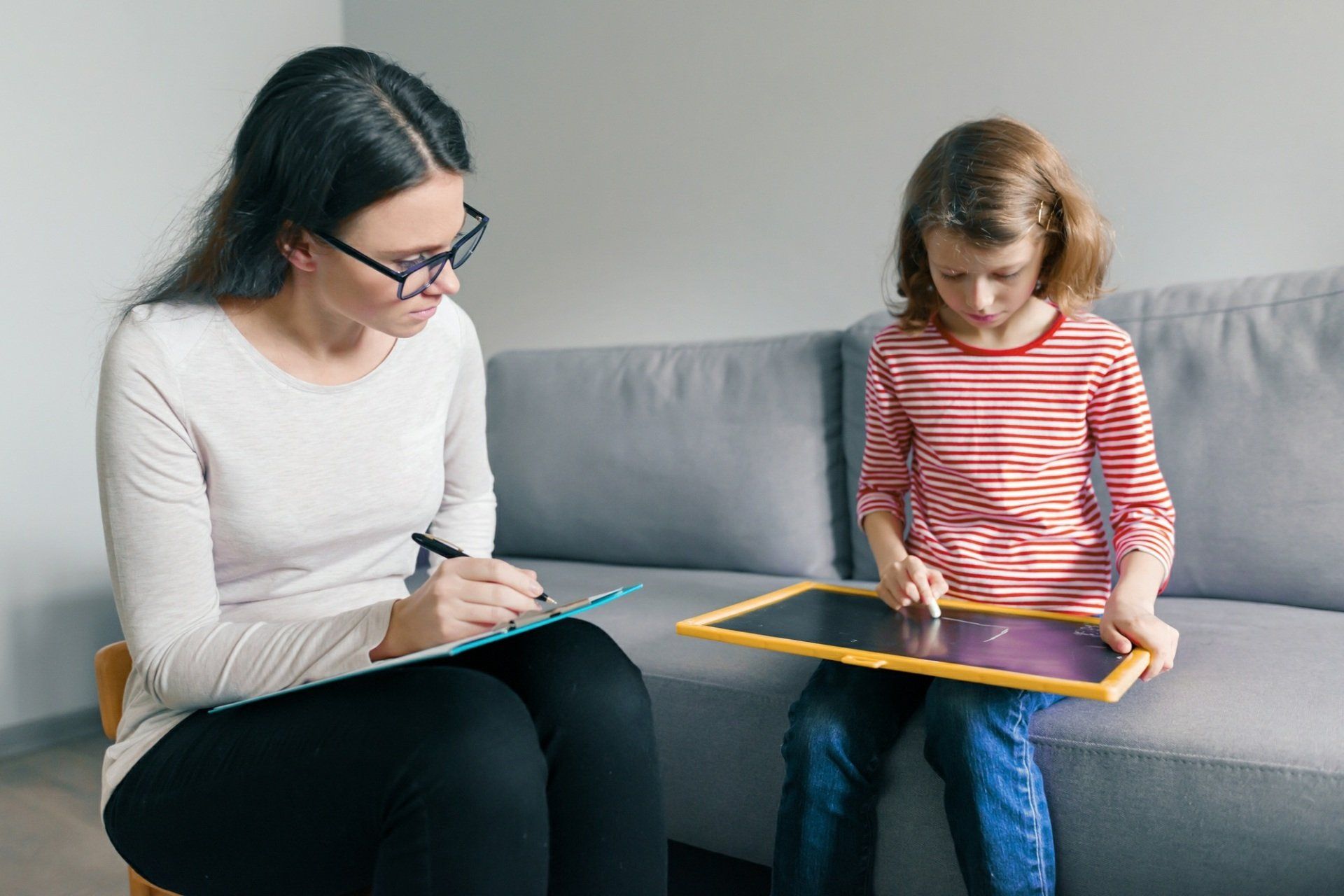Types Of Child Custody

Child custody negotiations can be quite complicated. You should know what type of child custody suits your child and your circumstances before you start the negotiations. Otherwise, you might finalize the negotiations only to realize you made a major mistake. Knowledge of the different child custody forms can also help you fight for your child during court sessions.
Below are a few various forms of child custody the law recognizes.
Physical Custody
Physical custody of the child gives you the right to live with them. Physical custody gives you direct and firsthand control of the child's daily life. For example, physical custody means:
- You provide the child with food
- You provide shelter for the child
- You care for the child if they fall ill
- You help the child with hygiene if they are too young to handle personal hygiene
- You can vacation with the child unless there are restrictions in place
The parent with physical custody gets to spend the most time with the child in most cases.
Legal Custody
Legal custody gives you the right to decide how to raise your child. For example, legal custody means you get to decide:
- Which school the child can attend
- Which religious upbringing the child can have
- Where the child can live
- Which medical treatments the child can enjoy
You are likely to get legal custody of the child, even if you don't have their physical custody. The court will only deny you legal custody of the child if evidence shows that your decisions have or can negatively affect the child. For example, you might not get legal custody of the child if you have a drug abuse problem that can cause you to make injuries decisions on the child's life.
Shared Custody
Courts recognize the need for children to get their upbringing from both parents. Thus, courts usually award both legal and physical custody of children to both parents. In this case, the child spends some time in your house and the rest of the time in the other parent's house.
If that is the case with your situation, then the custody arrangement may specify:
- Which days each parent will have the child
- Where you will pick up or drop off the child if your time with them ends
- Whether you get equal times with the child
The parent with physical custody of the child at any time gets to make immediate decisions, such as the child's nutritional needs.
Shared custody is common but is not automatic. For example, the court might deny you physical custody of the child if it has evidence that you are an unfit parent. For example, a history of domestic violence or abuse reduces your chances of shared custody.
Sole Custody
Sole custody means one parent gets full custody of the child. Sole custody can be physical, which means the child lives with one parent all the time. Sole custody can also be legal, where one parent makes all the major decisions that affect the child's life. As mentioned above, sole custody is uncommon, and it only applies in exceptional circumstances.
Third-party Custody
Parental child custody is the most common form of custody. After all, parents are responsible for their children. However, a non-parent can also get custody of a child if custody by the parents is harming the child or the parents are unavailable. Say both parents are behind bars, drug abusers, or dead. In such cases, the court might allow third-party child custody by, say, a grandparent.
You should get the right child custody and arrangement from the first time. That way, you won't have to modify your arrangement soon after. Contact Kalasnik Law Office for advice and help in all your child custody and family law matters.